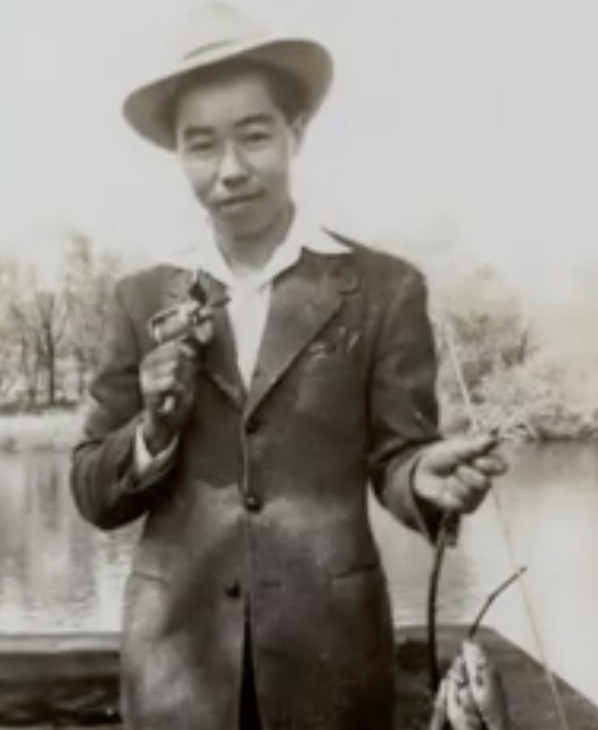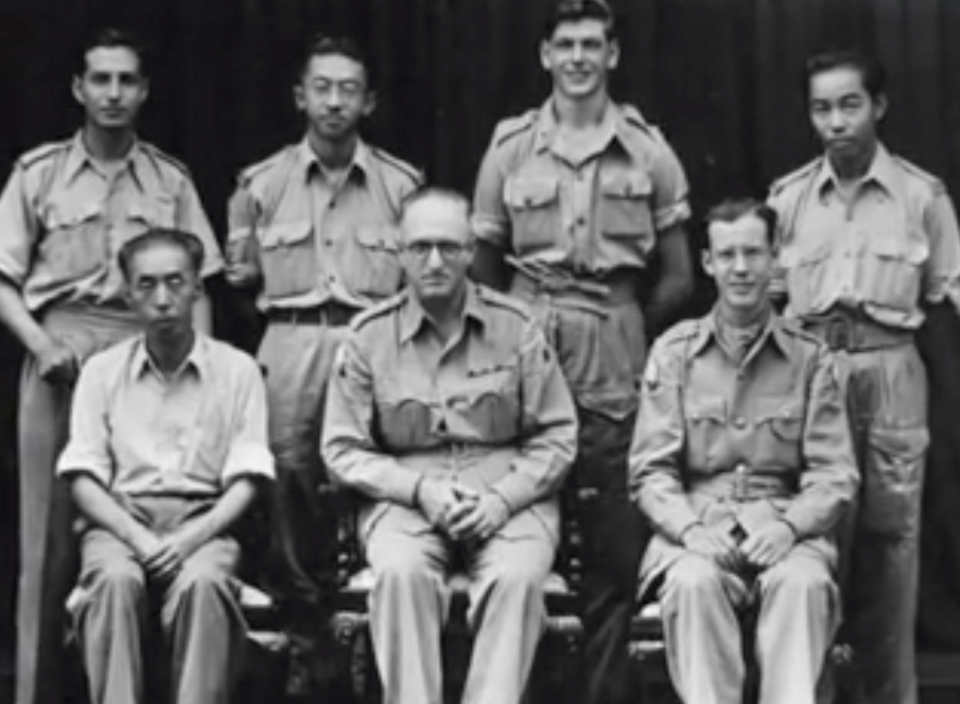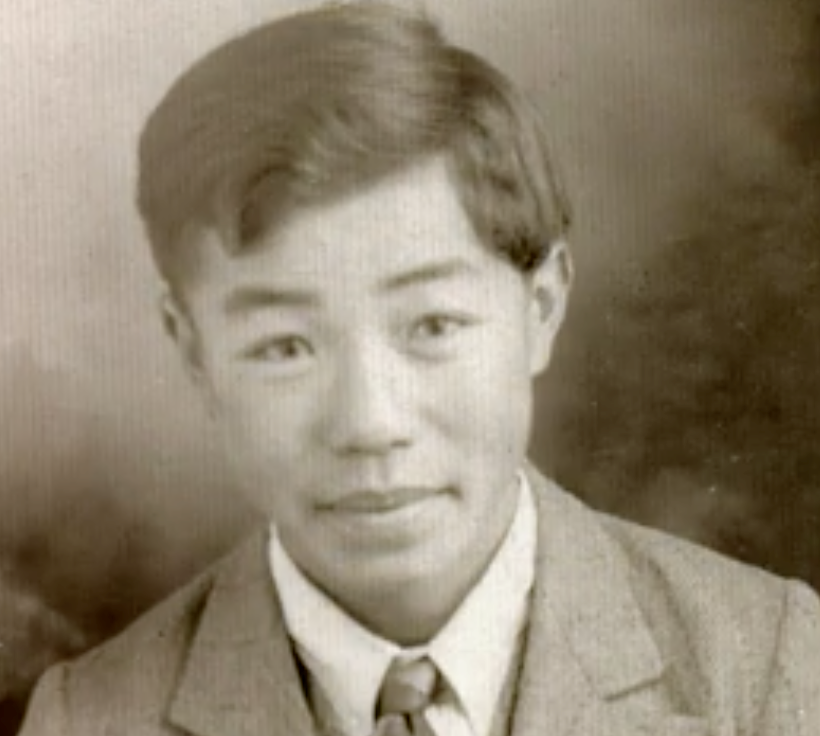It was a misty December night in 1941 and Steveston fishers were just putting their boats away when they heard the news of the attack on Pearl Harbour.
Buck Suzuki was tying up his boat at the wharf when his sister came to tell him the news.
Within hours, the orders started coming – first to Steveston’s Japanese community. But the orders were conflicting and confusing: fishers were told to tie up their boats, to move them, to not move them and to bring the boats here and there.
His recollections of the Second World War were recorded in a January 1976 interview, now part of Richmond’s oral histories and housed in the city’s archives.

Suzuki was born in Richmond and started working in the Steveston fishing industry in 1924 at the age of nine.
The orders weren’t necessarily a surprise to Suzuki, since he had contacts in the Vancouver naval headquarters as a member of a local Japanese advisory committee and a spokesperson for the Steveston Japanese community.
“We had this foreboding uneasiness as far back as 1938 when Japan was rattling their sabers in Manchuria and all over,” he said, “and bragging about (their) navy being stronger than the American and the British put together.
“Every time (Japan) did that, we could feel a shiver come through here. We (the Japanese) knew that if something happened, somebody was going to get hurt – that is, amongst ourselves.”
While they may have had premonitions, said Suzuki, Steveston’s Japanese residents didn’t think that the government would take such “drastic steps.”
But in the early hours after Pearl Harbour, the advisory committee needed to guide the Japanese people amid the confusion, Suzuki said.
“We took the more prudent, cautious step and we advised our people to that effect. We realized our main responsibility was to see that these people survived,” said Suzuki, adding that no one knew what was going to happen and tempers were flaring.
“We were just ordinary Canadians Joes, that’s all,” said Suzuki. “Slightly segregated, perhaps, from the outside… But you take, for instance, Steveston. (The Japanese) were there and they thought, ‘What have I done that was so wrong? I’ve broken no law.’”
More than 2,000 Japanese-Canadians were ordered from their Steveston homes and sent to internment camps across Canada. By April 1942, the town was emptied of anyone of Japanese descent.
Suzuki’s fishing boat was confiscated, and he was sent to a camp in Kaslo, B.C. before moving to Ontario.
From there, he made his way overseas with the British army, after being barred from the Canadian military, serving as an intelligence officer.

Two years after the war ended, Suzuki returned to Steveston – the first Japanese person to do so. He worked as a longshoreman until 1948, at which time he decided to pick up fishing again.
And while Suzuki said he had “no trouble at all” when he came back, that wasn’t the case for other members of Steveston’s Japanese community.
“(Japanese fishers) had their licences in their back pocket, but none of the companies wanted them,” Suzuki said.
This, said Suzuki, was because other fishers threatened to leave if the canneries hired any Japanese.
Suzuki advocated on behalf of the Japanese fishers with the fishing union in Vancouver, and soon the canneries began to hire them again, even recruiting as far as the Prairies and Eastern Canada, he explained.
Suzuki — who died in 1977 at the age of 62 — later took a job with the fishers union and continued to advocate for fishers, the industry and the environment along the Fraser River for the rest of his life.
The Buck Suzuki Foundation was set up in the 1981 to carry on his legacy.



